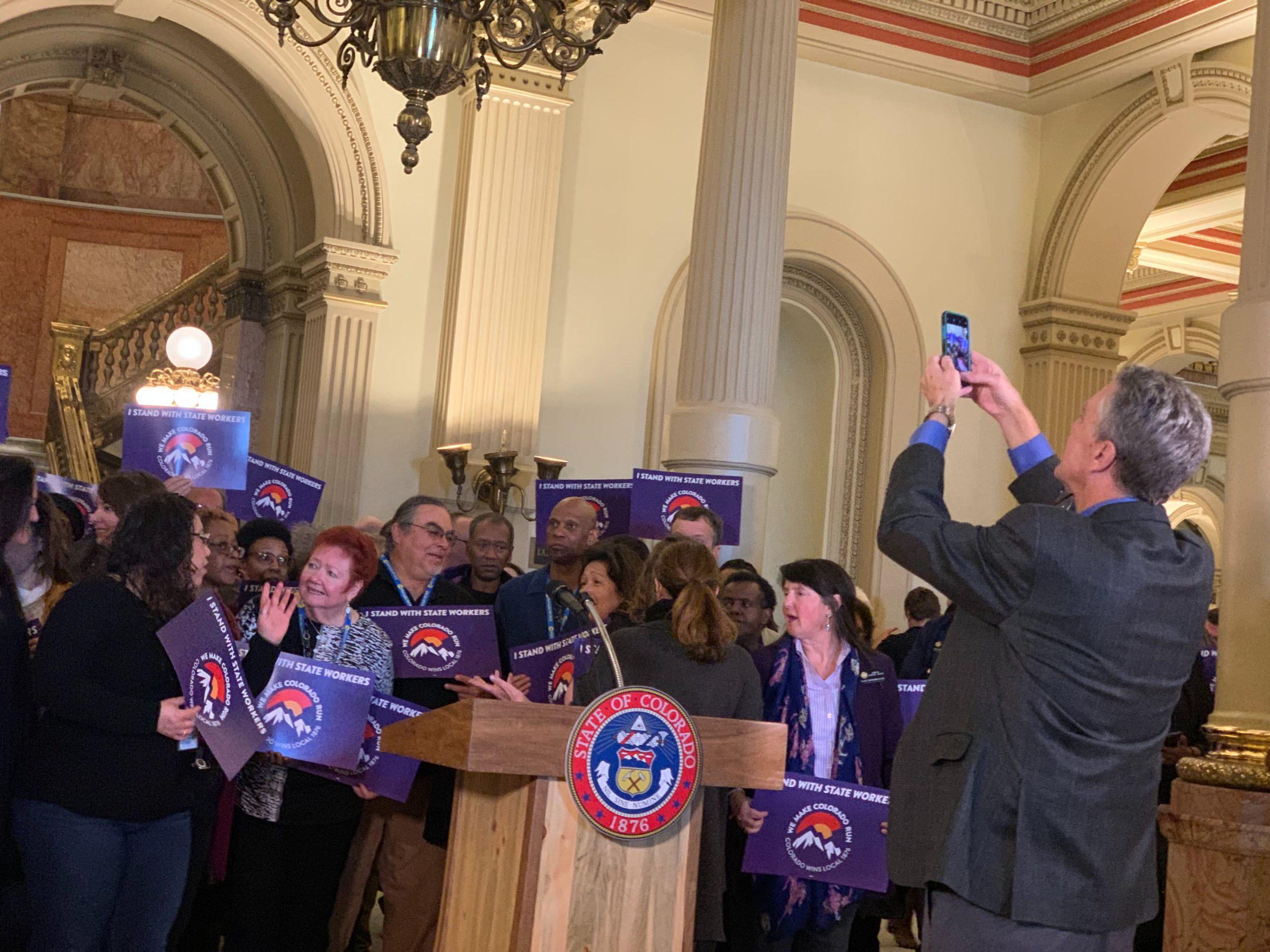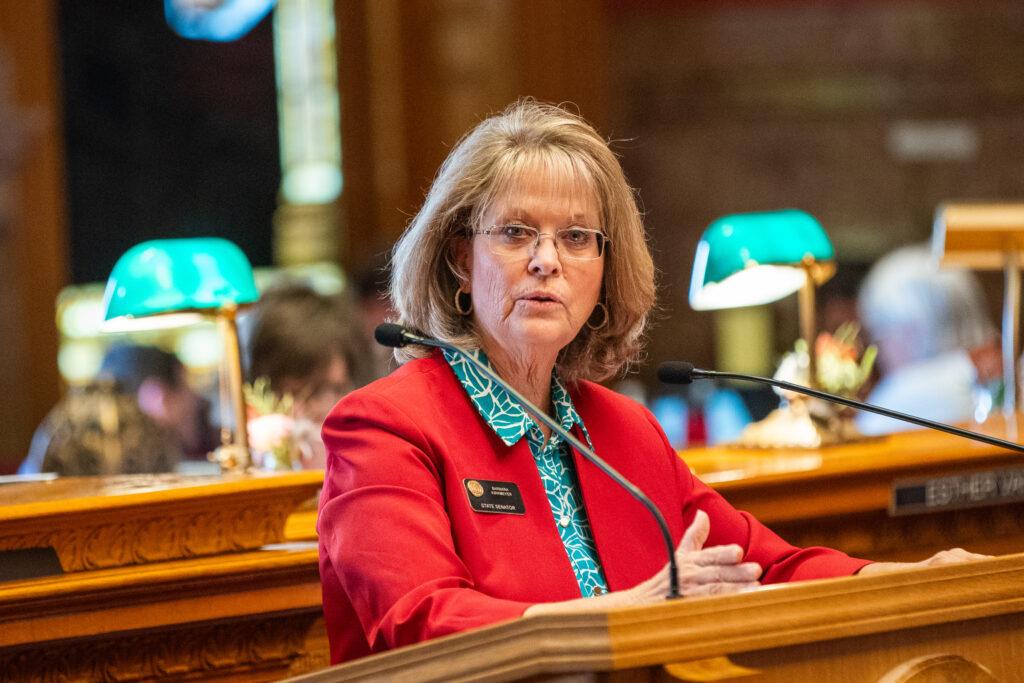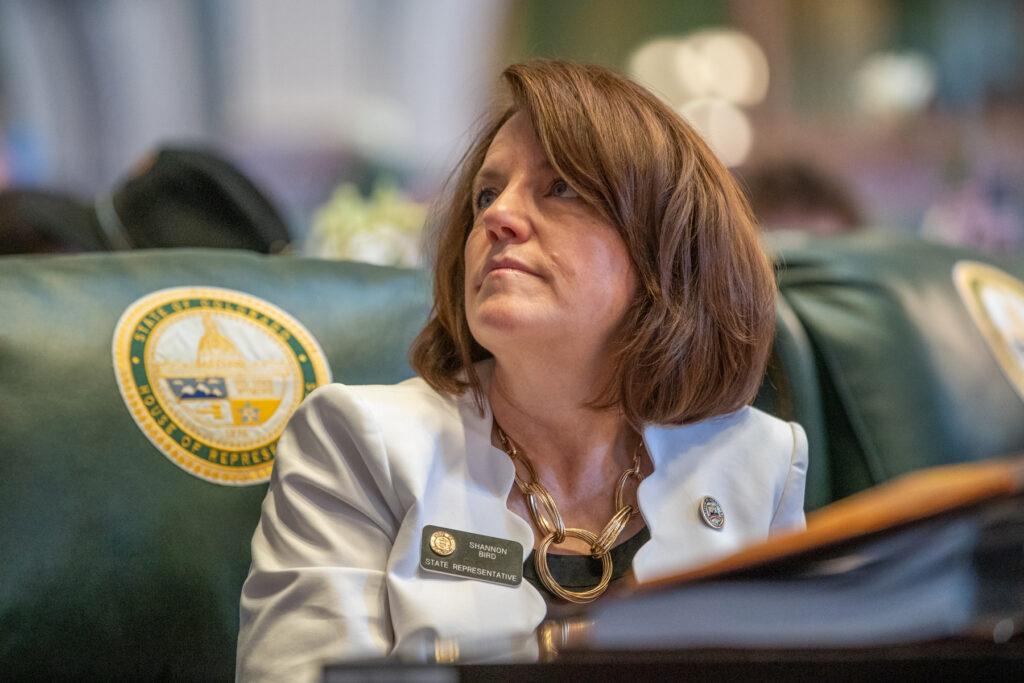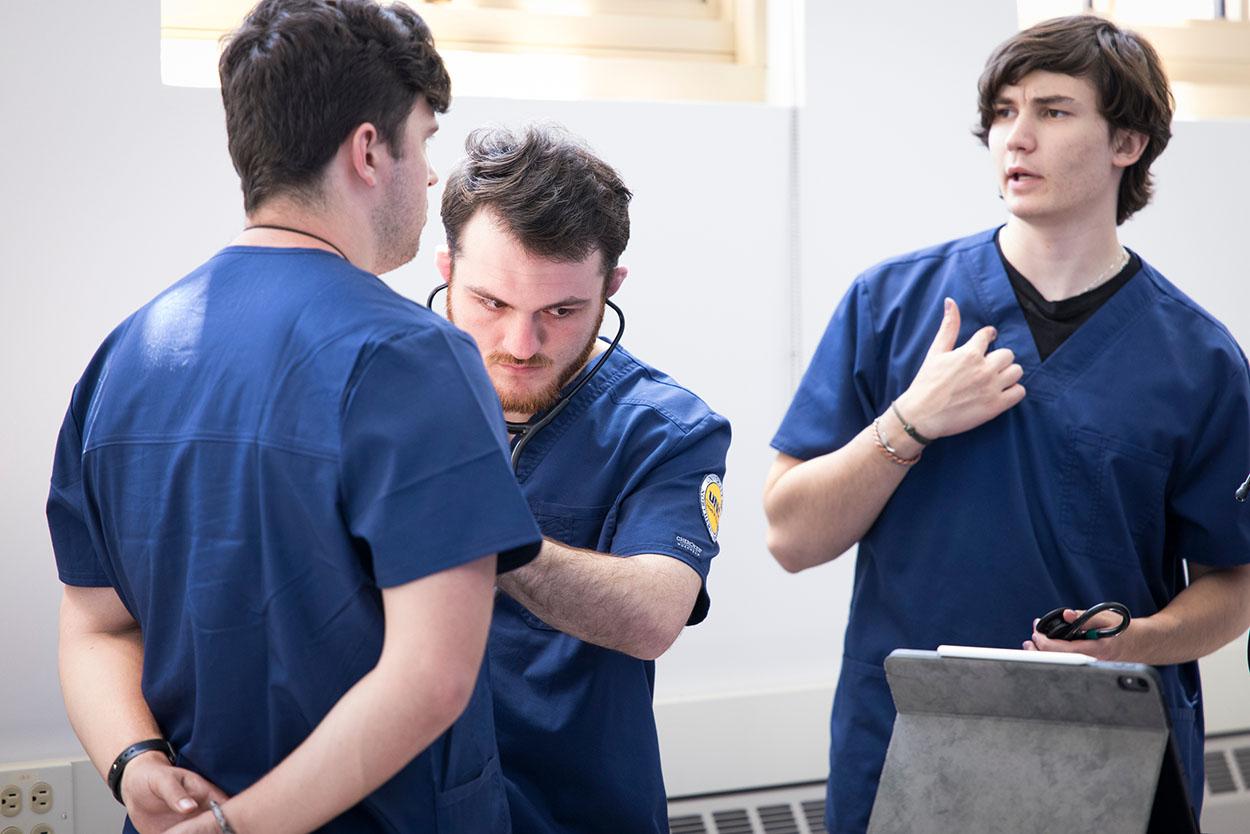
This story was originally published by The Colorado Sun through The Unaffiliated newsletter.
By Brian Eason, The Colorado Sun
As they look to close a spending gap of roughly $1 billion, Colorado budget writers say they won’t rule out eliminating pay raises or reducing benefits owed to state employees under the current union contract.
If the Joint Budget Committee — and the rest of the legislature — doesn’t approve the raises, it would send the state into uncharted territory, breaking a contract with the union for the first time since the legislature granted collective bargaining rights to its public sector workforce in 2020.
Officials say that would force the union, Colorado WINS, back to the bargaining table with Gov. Jared Polis’ administration to renegotiate a deal the two sides just agreed to in September.
Next budget year, employees across-the-board are owed 2.5% raises, plus additional longevity-based pay bumps under the state’s new compensation plan. The contract with Colorado WINS, the employee union, also increases the minimum wage for state workers by 2%, to $16.55 an hour from $16.22.
All told, the contractual pay increases would cost the state general fund about $60 million next year, according to JBC documents.
Every 1 percentage point cut to what the state spends on worker pay — either by eliminating positions or skipping raises — would save the general fund about $17 million, JBC staff told the committee in January.
That’s a drop in the bucket relative to what lawmakers need to cut to balance next year’s budget. JBC members figure they need to make about $1 billion in cuts to keep spending growth in line with the Taxpayer’s Bill of Rights revenue cap, which is growing more slowly than major cost drivers like Medicaid.
The raises negotiated by the union aren’t set in stone. While the administration negotiates the labor agreement, the legislature ultimately has final say over whether the state funds it. And in recent hearings, JBC members have considered making cuts that would nullify the agreement.
“Literally EVERYTHING is on the table,” JBC Chair Jeff Bridges, a Greenwood Village Democrat, told The Colorado Sun in a text message. “Even things that are extremely unlikely to happen.”
Ideas so far have included limiting raises to 1.5% next year, or revoking a promise that the state would cover any increases in health care premiums over the duration of the contract, which ends July 2027. Budget writers have also scrutinized part of the agreement that calls for a $1.7 million pilot program to help state workers with housing costs.
“Honestly, we don't know yet,” Sen. Barbara Kirkmeyer, a Republican JBC member from Brighton, said in an interview. “I think there may be parts that we may not be able to fund, and we’re not under any obligation to fund it, so I think there’s just going to be a lot more discussion that has to take place.”

The politics of breaking promises made in the agreement would be fraught. Not only would it tear up a union contract for the first time in the state government’s short history of collective bargaining, it could spark rare pushback against the JBC by the legislature’s Democratic majority.
The rest of the legislature tends to defer to the budget panel on big decisions, but the labor movement’s allies in the General Assembly have been itching for a fight ever since the governor vetoed some of their priorities last year.
Notably, Polis has recommended funding the contractual raises in his annual budget request.
“We were proud to have successfully agreed to a three-year contract with WINS this past fall that is fiscally responsible and builds and retains a strong Colorado workforce that can continue to deliver the high quality services so many Coloradans deserve and reflects the state’s budget situation,” Shelby Wieman, a spokesperson for the governor’s office, said in a statement. “We would be disappointed to see the legislature not fund this agreement.”
The optics would be uncomfortable to boot. Legislative Democrats this year are looking to bolster collective bargaining rights for all workers in the state, through a bill to amend Colorado’s Labor Peace Act.
While it may be unlikely that the Democratic-controlled JBC would break the promises the administration made to unions, the fact that budget writers won’t definitively rule it out is a sign of just how difficult this year’s budget balancing act is shaping up to be.
“I do think that it’s really an option on the table — and that’s problematic,” Hilary Glasgow, executive director of Colorado WINS, told The Sun. “We negotiated knowing we were going into a budget shortfall.”
For state workers, it’s not time to panic just yet. The JBC tends to put off the big decisions, including worker pay, until after the March revenue forecasts.
As a result, JBC Vice Chair Rep. Shannon Bird, a Westminster Democrat, told The Sun it was “premature” to say whether the state could afford to fund the WINS agreement.

Colorado’s new pay plan for state workers has been in place for less than a year, only taking effect July 1. But it was already having a positive effect, Glasgow said.
Some workers who left state employment after years of stagnant wages reapplied to government jobs when the longevity-based “step pay” system was implemented. Workers have also gotten annual raises of at least 3% each of the past four years.
Rep. Emily Sirota, a Denver Democrat who serves on the JBC, told The Sun she “feels good about the progress that has been made,” noting that vacancies are falling in some key departments, such as Corrections and Human Services. But other positions remain difficult to fill, she noted — including nurses and other medical professions.
If the legislature doesn’t continue to fund the agreement, Glasgow said, “our members will be unbelievably upset.”
Colorado only instituted collective bargaining for state workers in 2020, so there’s no clear road map for what would happen if the legislature refused to fund the terms of a union contract. At minimum, Glasgow says they would have to reopen negotiations. “However, I think what it does in actuality is that we will see people leave,” she said.
Glasgow believes that could undermine years of efforts to improve worker pay and rebuild the state workforce.
“The state’s at a 20% vacancy rate,” Glasgow said. “They are not able to provide the services that we need because they can’t pay people.”
The state’s latest pay study found that its workers are paid about 7% less than comparable jobs in the public and private sectors, an improvement from a year earlier, when they made 8% less than the market.
Kirkmeyer, though, doesn’t think cuts to the agreement will jeopardize the state’s ability to hire workers.
“We did some huge increases in the last couple of years,” Kirkmeyer said. So much so, she added, that she worries it’s exacerbating staffing shortages at the local level. Some county jails can’t pay correctional officers enough to keep them from leaving for a higher-paying job at the state, she said.
“I think we’ll see what happens,” Kirkmeyer said. “But you know, the budget is what it is and we have to make some cuts.”
This story was produced by the Capitol News Alliance, a collaboration between KUNC News, Colorado Public Radio, Rocky Mountain PBS, and The Colorado Sun, and shared with Rocky Mountain Community Radio and other news organizations across the state. Funding for the Alliance is provided in part by the Corporation for Public Broadcasting.









